Yesterday, the singer Halsey took to Twitter to raise awareness about the gap in knowledge and compassion when it comes to understanding those living with bipolar disorder. Although she didn't mention Kanye West - who has spoken about having the disorder - her comments came after his recent rally speech and tweets sparked alarm.
'No jokes right now. I have dedicated my career to offering education and insight about bipolar disorderand I’m so disturbed by what I’m seeing,' Halsey wrote on Twitter. 'Personal opinions about someone aside, a manic episode isn’t a joke. If you can’t offer understanding or sympathy, offer your silence.'
It's a reminder that many of us don't know enough about the condition and may be reacting inappropriately - especially when it involves celebrities, who are so often fair game when it comes to gossip. But, mental health experts warn against guessing what an individual is going through. So, here are 15 things you may not have known about bipolar disorder, to help give us all a better understanding.
1. There is no single or specific cause for bipolar disorder
From psychological stress to childhood abuse and social circumstances, the causes of bipolar disorder are vast. Biologically speaking, bipolar disorder is caused when our tiny chemical messengers (neurotransmitters) don't send the happy stuff (serotonin and dopamine) to our brain.
The disorder may lie dormant until activated, usually by an outside trigger (major life event, change in circumstances, increased stress, altered health habits, alcohol or drug abuse, hormonal problems, etc) but can also flare up on its own.
2. Bipolar disorder can be genetic… but also not
If there’s a family history of bipolar disorder, then there’s an increased chance of having it, but studies conducted on identical twins have shown that if one twin is bipolar, the disorder does not always develop in the other twin, even though they have the exact same genes. Both men and women can be diagnosed as bipolar and diagnoses usually take place just before or in their early twenties.
3. Bipolar disorder is NOT multiple personality (dissociative identity) disorder
These two disorders are usually linked because of the split personality element. However, people who are bipolar have highs and lows (but still know they are the same person) whereas people with multiple personality disorder (MPD) can think they are more than one person, with distinctly different personalities, traits and memories.
MPD is extremely rare whereas bipolar disorder affects approximately one in every 100 people.
4. Bipolar symptoms: the highs and the lows
The main symptoms of bipolar disorder are the highs and lows; the highs being mania and the lows being a depressive state. To break it down:
The ups/highs (manic state)
Bipolar disorder is sometimes misdiagnosed as schizophrenia because of the following symptoms which connect the two:
• Feeling extremely happy or high, bubbly and outgoing for a long period of time
• Feeling irritable
• Fast talking and jumping from subject to subject
• Getting easily distracted
• Taking on new projects, increasing activities out of the blue
• Extreme restlessness
• Not being tired and sleeping very little
• An unrealistic belief of being able to take on the world
• Being impulsive
• Engaging in high-risk pleasurable activities (high spending, drug/alcohol abuse and sexual promiscuity)
The downs/lows (depressive state)
When in a bipolar ‘low’, the symptoms are very similar to clinical depression, which is why bipolar disorder is sometimes misdiagnosed here too.
• Lack of or too much sleep
• Feeling sad and/or hopeless
• Loss of interest in formerly enjoyable activities (ie sex)
• No energy
• No desire to even get out of bed
• Change in appetite/weight
• Feeling worthless or guilty for no reason
• Lack of concentration
• Indecisiveness
• Suicidal thoughts/thoughts of death
5. You can have bipolar ups and downs at the same time
Having mania and depression at the same time is possible with bipolar disorder and this is called a ‘mixed state’. So, while feeling ‘high’, sleepless, agitated, energetic, and having lack of concentration, you could also feel sad, have no motivation and/or have suicidal thoughts.
6. You can be bipolar and NOT actually have mood swings
You could, in fact, feel absolutely great. This could be something called ‘hypomania’, which is a really toned-down version of bipolar mania. If you’re having a hypomanic episode, you might feel really good and highly productive and that you are functioning really well.
If this is out of the norm for someone with bipolar, a doctor should be consulted because without proper treatment, it could develop into severe mania or depression.
7. Substances can trigger a bipolar manic depressive episode
These include:
• Drugs like cocaine, ecstasy and amphetamines
• Over-the-counter drugs in large doses
• Medicine for thyroid issues and corticosteroids
• Excessive amounts of caffeine (although normal amounts are fine)
8. People with bipolar disorder and more likely to have substance abuse issues
The reasons for this are as yet scientifically unclear, but it is thought that sufferers of bipolar disorder are more likely to want to self-medicate with drugs and alcohol.
9. Bipolar sufferers are also at higher risk for other diseases
Thyroid issues, headaches and migraines, diabetes, heart disease and obesity are a few of the other illnesses which could result from treatment for bipolar disorder, as well as causing some of the same symptoms as the highs and lows (mania or depression).
10. There are five variations of bipolar disorder:
Starting from the mildest to the most severe, the five types of bipolar disorder are:
(i) Cyclothymia/cyclothymic disorder
Cyclothymia is mild form of bipolar disorder with ongoing, long-term symptoms (minimum 2 years) which aren’t severe enough to be classed as bipolar disorder.
(ii) Bipolar I disorder
Manic or mixed episodes that last a minimum of seven days usually requiring immediate hospital care.
(iii) Bipolar II disorder
Depressive and hypomanic episodes with no manic or mixed episodes.
(iv) Bipolar disorder (not otherwise specified)
Some bipolar symptoms exist but not enough to be classed as bipolar I or II.
(v) Rapid-cycling bipolar disorder
Rapid-cycling is when someone has four or more episodes of major depression, hypomania, mania, or mixed states within a year. Rapid-cycling can come and go and is more common in women than men.
11. The most effective test to diagnose bipolar disorder is seeing a psychiatrist
Although many tests can be carried out including brain scans, blood tests and physical examinations, none are as effective in correctly diagnosing bipolar disorder as having a thorough interview session with a psychiatrist.
The shrink will take the patient’s family and personal history and will find out everything they need to know to be able to diagnose the patient and create the best treatment plan.
12. Although bipolar disorder can not be cured, it can be treated
Patients are advised to keep a life chart to help their doctor and psychiatrist provide the best possible treatment. There’s a wide array of bipolar disorder treatments available, from scary sounding ones like electroconvulsive therapy, atypical antipsychotics, and light therapy to the more common mood stabilisers, anti-depressants, sleep supplements, cognitive behavioural therapy, and psycho-education (just getting yourself fully in the know). There are also some new, up and coming bipolar disorder treatments that are gaining popularity.
13. Bipolar disorder can get worse if left undiagnosed/untreated
Although patients will often opt for self-help, it is advised that bipolar disorder should not go untreated as episodes could become more frequent or severe over time. The sooner it is diagnosed and treated, the sooner someone with the condition can go about living a normal, healthy and productive life.
14. Bipolar Disorder is manageable
People with bipolar disorder can live successful, complete lives, usually with a combination of medication and therapy. Some doctors equate bipolar disorder with other conditions, such as diabetes, where proper management of the disorder or disease provides stability and normal living for its sufferers, says Mindful Urgent Care.
15. There’s a plethora of information available on bipolar disorder
And here are a few to get you started:
Also see this funny and heartwarming blog by bipolar sufferer Beth Evans.
Things You Only Know If....
Things You Only Know If...
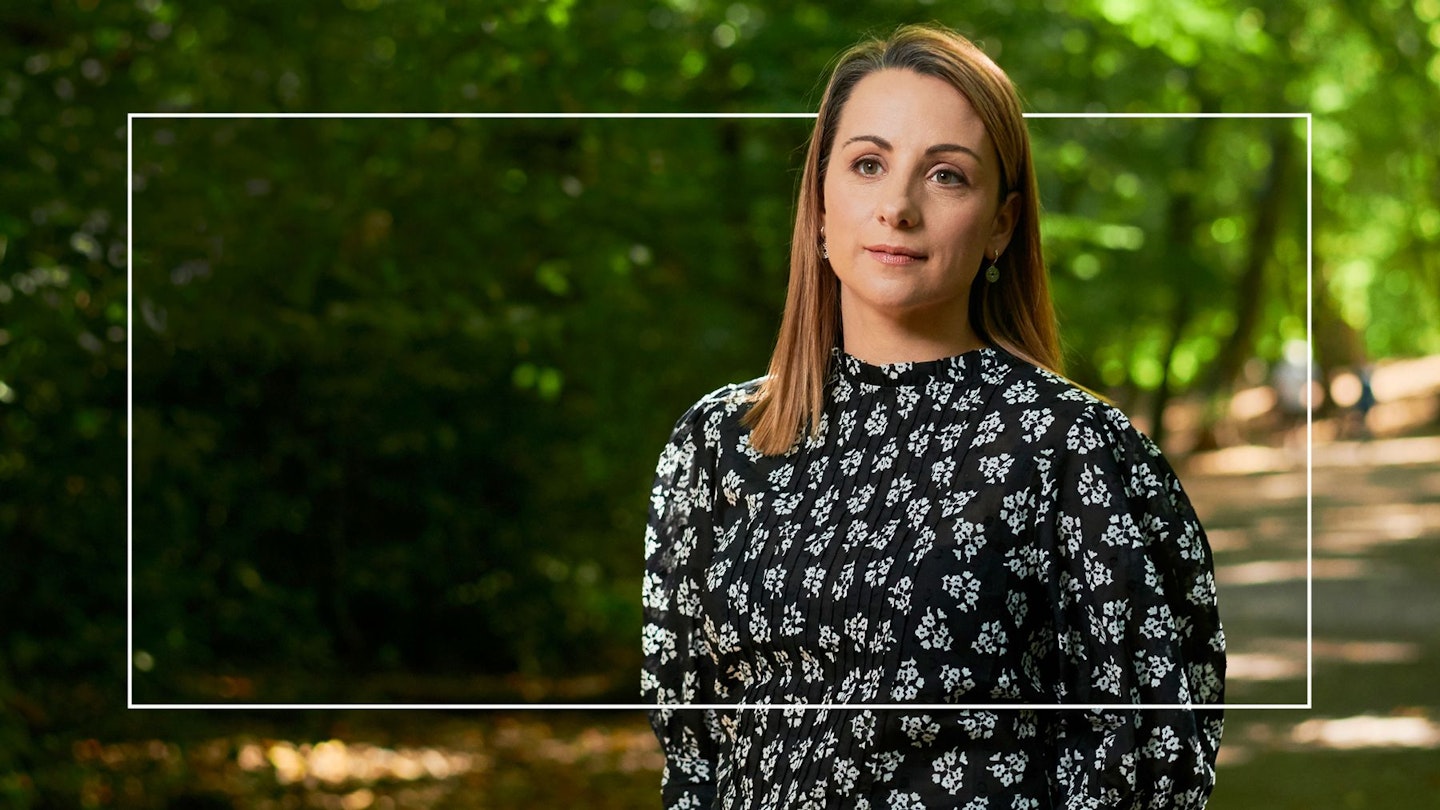 1 of 19
1 of 19Things You Only Know If You've Experienced Post-Adoption Grief
When Claire Moruzzi, 39, gave birth to her son, it unlocked unpacked painful feelings about her own adoption.
 2 of 19
2 of 19Things You Only Know If You have Polycystic Ovary Syndrome
Jessica Evans reflects on the condition that affects one in 10 of us but is rarely talked about.
 3 of 19
3 of 19Things You Only Know If You're The Other Mother
If your partner carried your children, what does that make you? Jen Brister tells Grazia about life in a two-mum family.
 4 of 19
4 of 19Things You Only Know If Your Marriage Lasts Less Than A Year
The wedding was amazing but a Band-Aid Big Day couldn't save the relationship – and so an embarrassingly short marriage ensued.
 5 of 19
5 of 19Things You Only Know If You Walk Away From A Six-Figure Salary Job
As new figures reveal that record numbers are now 'overeducated' for their jobs, Lil Caldwell, 37, explains why swapping the law for floristry was her best decision yet.
 6 of 19
6 of 19Things You Only Know If: You're The Only Muslim In The Village
When Ayisha Malik moved to Dorset, she braced herself for reactions to her hijab. And was surprised at what she found.
 7 of 19
7 of 19Things You Only Know If: You're Going Through The Menopause At 30
A medical breakthrough now means the menopause could be delayed for 20 years. It's come too late for dancer Lindsay McAllister.
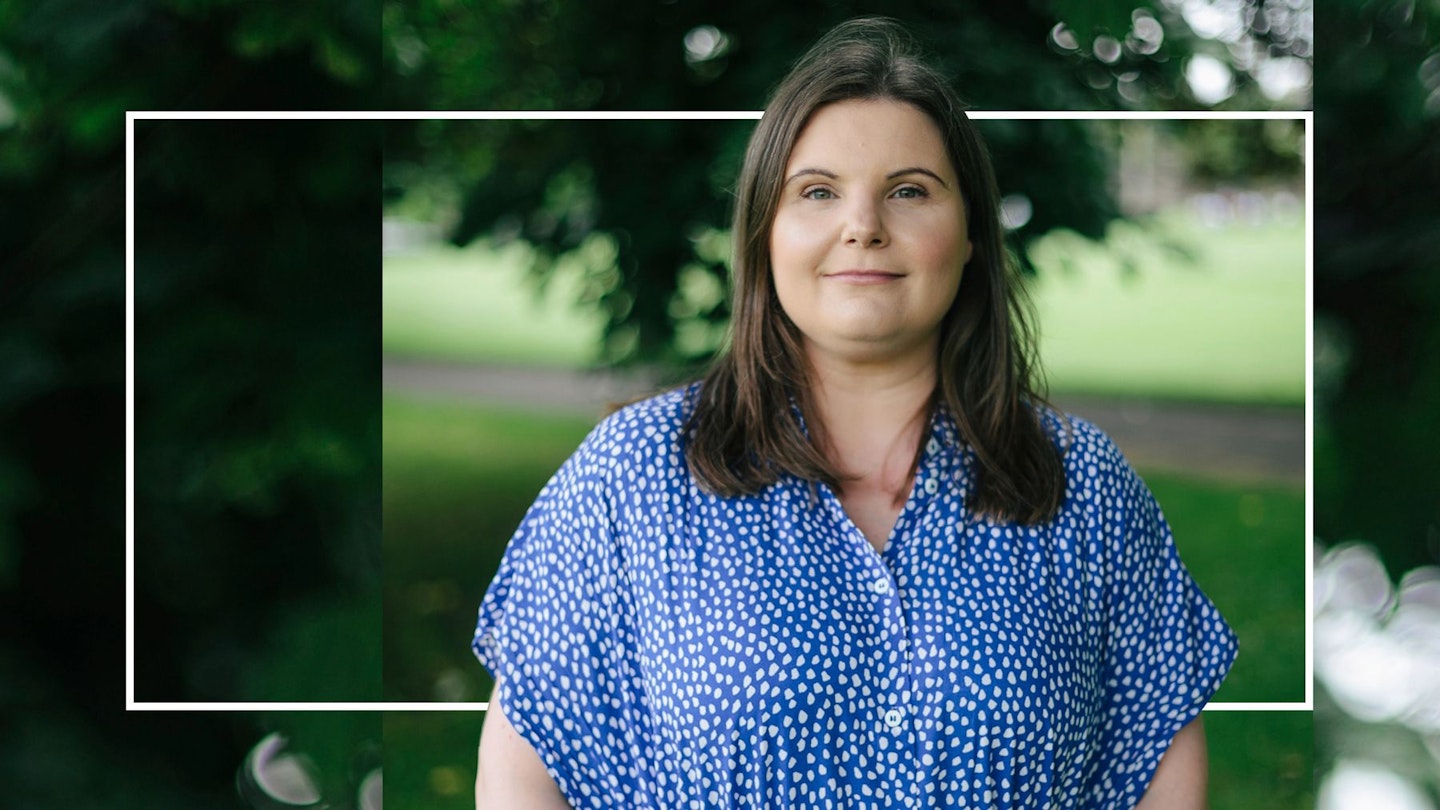 8 of 19
8 of 19Things You Only Know If: You've Finally Conquered Your Alcohol Problem
When Catherine Renton chose to end her damaging relationship with booze, she lost friends, too. She reflects on the decision that changed her life.
 9 of 19
9 of 19Things You Only Know If You've Been On 100 First Dates
Charly Lester, 35, challenged herself to go on 30 blind dates before turning 30. Then things snowballed.
 10 of 19
10 of 19Things You Only Know If: You've Gone From Committed Singleton To 'Basic Bride'
'Suddenly, I want all the things I used to roll my eyes at: the dress, the flowers, the inexplicably expensive cake. There is a new and very loud voice in my head, it insists that this is my special day, I'm a f**king princess and I should have exactly what I want'
 11 of 19
11 of 19Things You Only Know If You Don't Have A Girl Gang
As a child, Amy Jones looked forward to the day she'd find her squad. No 29, she's still wondering where it is.
 12 of 19
12 of 19Things You Only Know If Your Babies Arrive 10 Weeks Early
After her twin daughters arrived at 29 weeks, Francesca Segal spent 56 days with them at the neonatal intensive care ward - an experience that changed her forever.
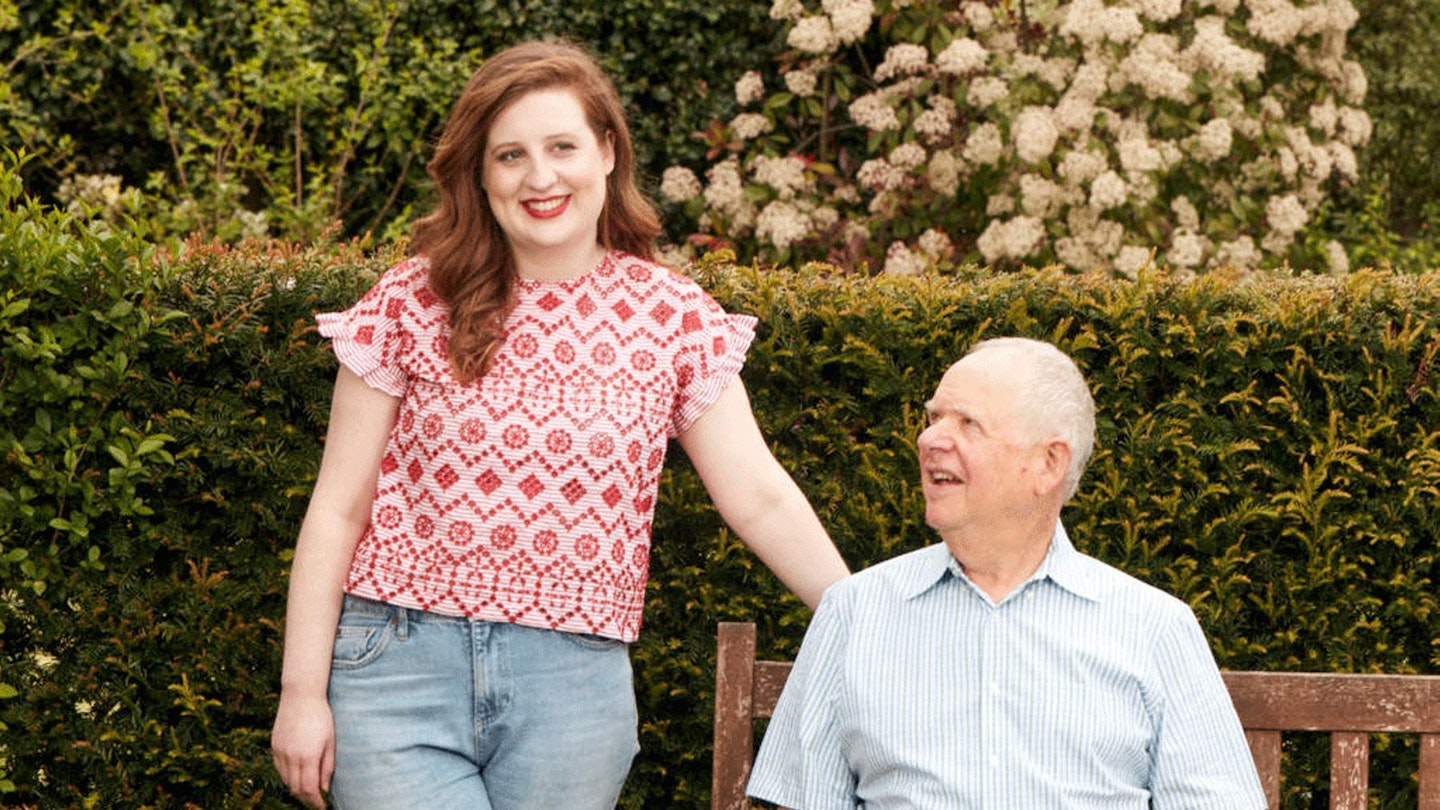 13 of 19
13 of 19Things You Only Know If… You Live With Your Parents At 29
Anna Behrmann, 29, moved back home to save money. It's had its ups and downs.
 14 of 19
14 of 19Things You Only Know If You Earn Significantly Less Than Your Friends
After losing her job 31-year-old Olivia Foster found out the uncomfortable truth about what it means to be the broke friend.
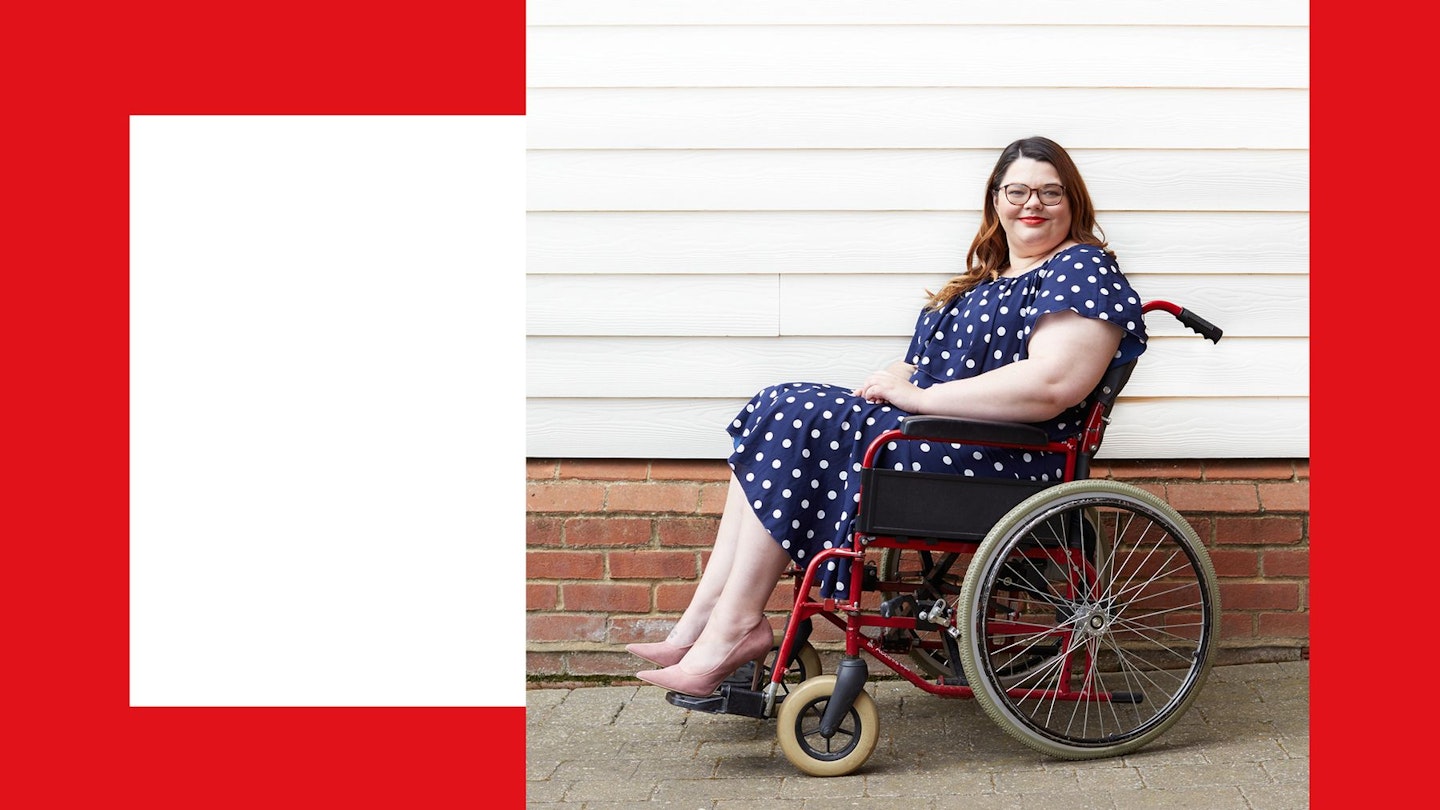 15 of 19
15 of 19Things You Only Know If You're Living With M.E.
When Hollie Brooks found herself so weak she couldn't even dress herself, she knew something was desperately wrong. To mark the end of ME Awareness Week, she tells her story.
_1024_Widthjpg.jpg?auto=format&w=1440&q=80) 16 of 19
16 of 19Things You Only Know If You're Plus-Size And Online Dating
From men who think they're doing you a favour, to feeders who fetishise your body.
 17 of 19
17 of 19Things You Only Know If You Gave Up Your Job To Follow Your Partner Abroad
'On bad days it could feel a bit 1950s'
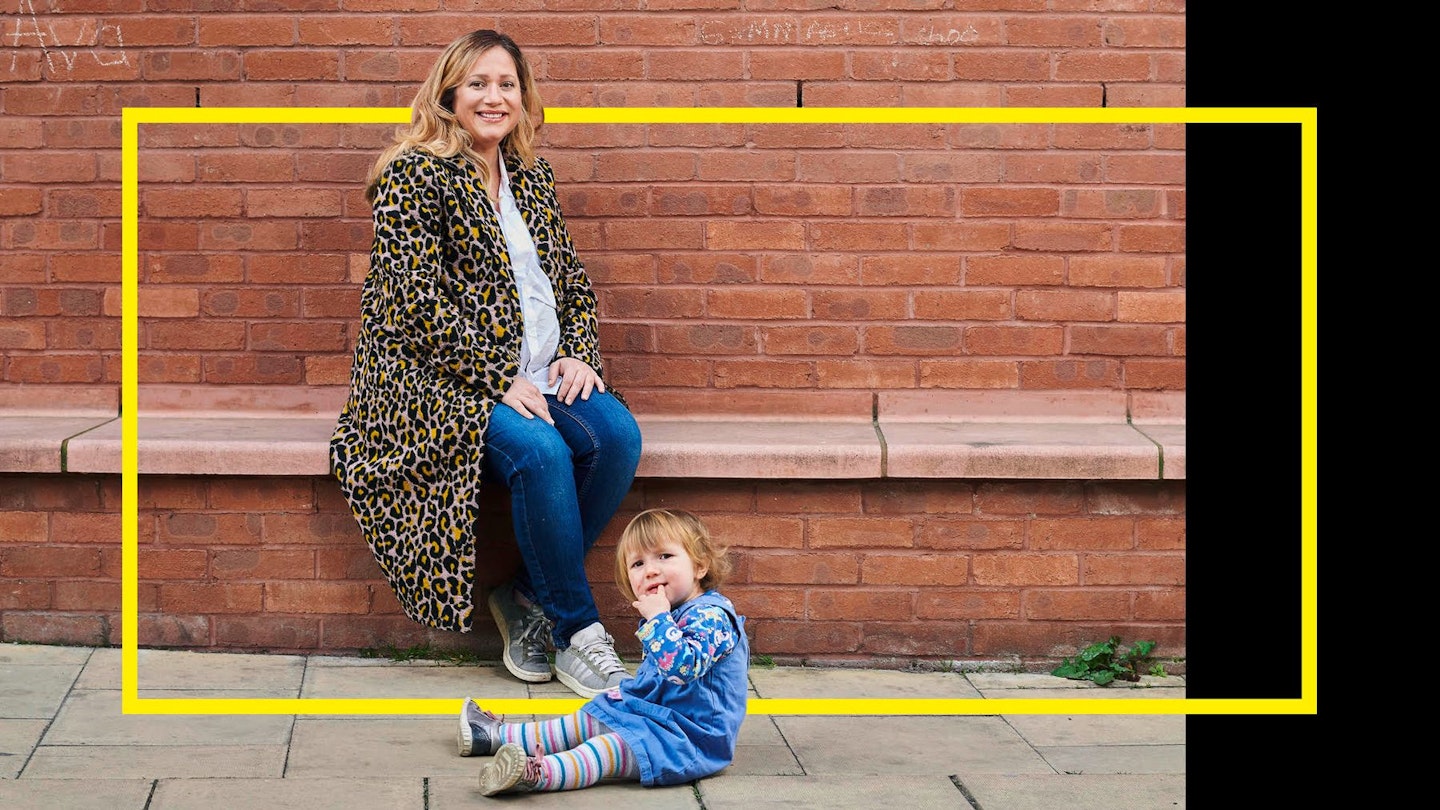 18 of 19
18 of 19Things You Only Know If You've Chosen To Have A Baby Alone
Aged 37 and single, Genevieve Roberts decided to become a mum with the help of a sperm donor.
 19 of 19
19 of 19Things You Only Know If You're An Adult Orphan
Emily Dean lost her parents and sister in the space of three years - and changed her whole life as a result.
Read more: you might also be interested in..
The Anti-Anxiety Apps That Might Change Your Life And Your Mood For Good
This article originally appeared on The Debrief.
